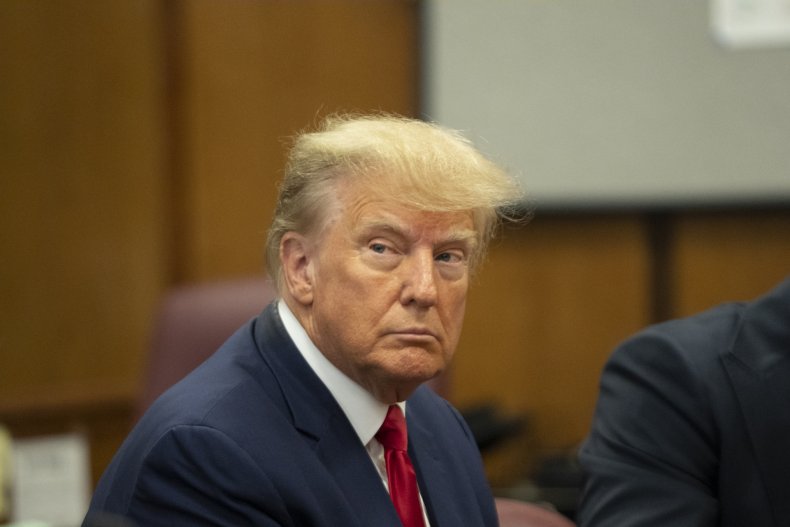In a historic legal proceeding, a court sentenced President-elect Donald Trump to one year in prison today in New York. The court convicted him on 34 felony counts of falsifying business records related to hush money payments made during his 2016 presidential campaign.
Background of the Case
The charges stem from payments made to adult film actress Stormy Daniels to conceal an alleged affair, with the intent to influence the outcome of the 2016 election. These payments were subsequently recorded improperly in business records, leading to the felony charges.
Sentencing Details
Despite the conviction, Judge Juan Merchan issued an unconditional discharge, meaning Trump will face no jail time, fines, or probation. The complexities of sentencing a president-elect influenced this decision. The court also considered the practical challenges of imposing penalties on an individual about to assume the presidency.
Trump’s Response
Addressing the court via video, Trump described the case as a “very terrible experience” and labeled it a “political witch-hunt.” He reiterated his intention to appeal the conviction. He maintained his stance that the charges are unfounded and politically motivated.
Public Reaction
The sentencing has elicited mixed reactions nationwide. Supporters view the outcome as a vindication, while critics express concern over the implications of a president-elect assuming office with a felony conviction. Protests and demonstrations occurred outside the courthouse, reflecting the deep divisions within the country.
Looking Forward
As Donald Trump prepares for his inauguration on January 20, the legal and political ramifications of this case continue to unfold. The unconditional discharge allows him to assume the presidency without immediate legal impediments. However, the long-term impact on his administration and legacy remains uncertain.
This case also raises questions about fairness versus equity. Should someone with the power and resources of a president-elect face the same consequences as any other convicted felon? What does this mean for the justice system and its treatment of those without such privileges? Let us know your thoughts below.
Follow MEFeater on Twitter, Instagram, Facebook, and Pinterest for more news and updates.
